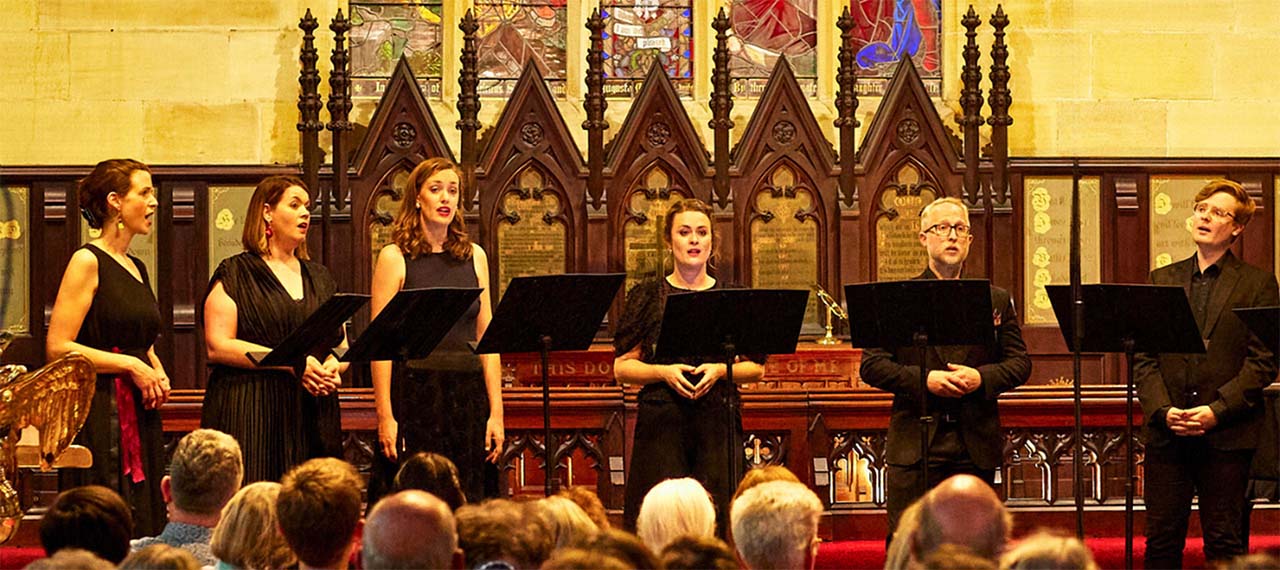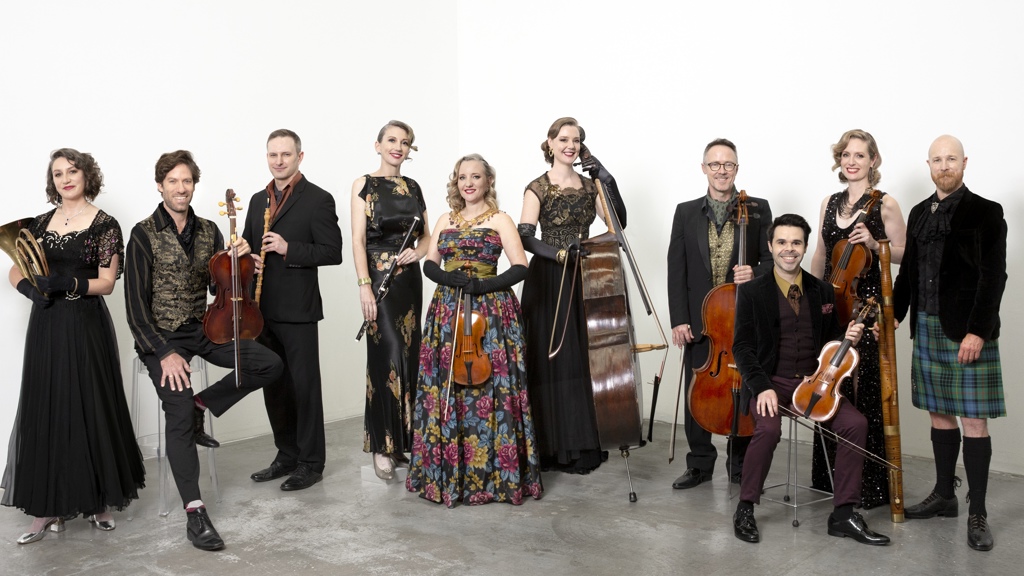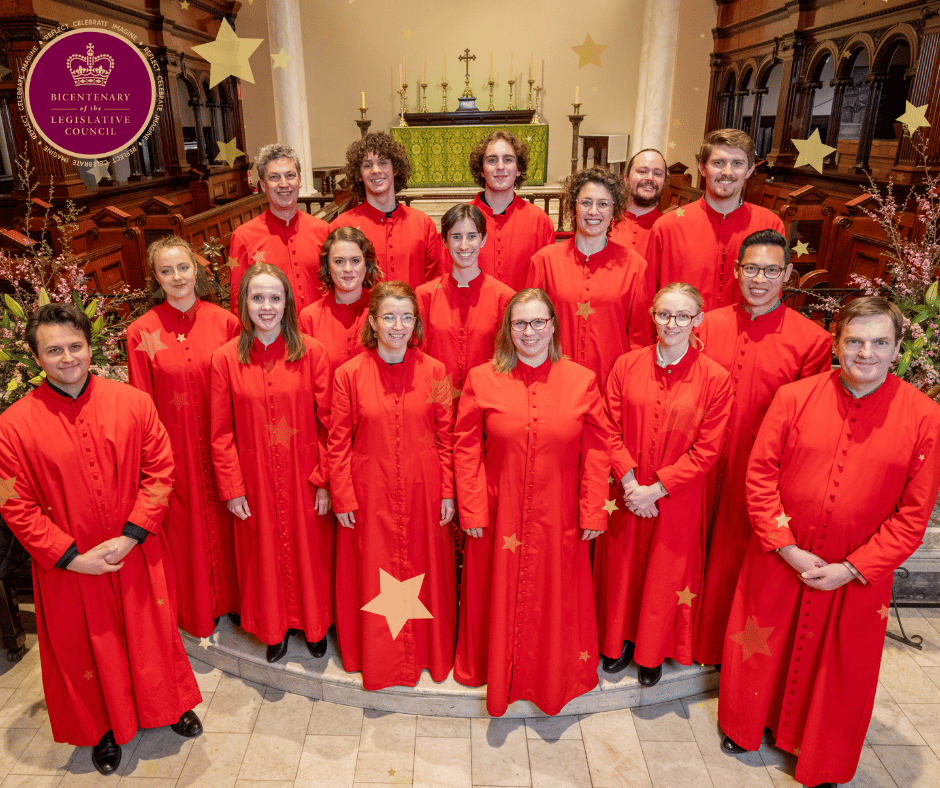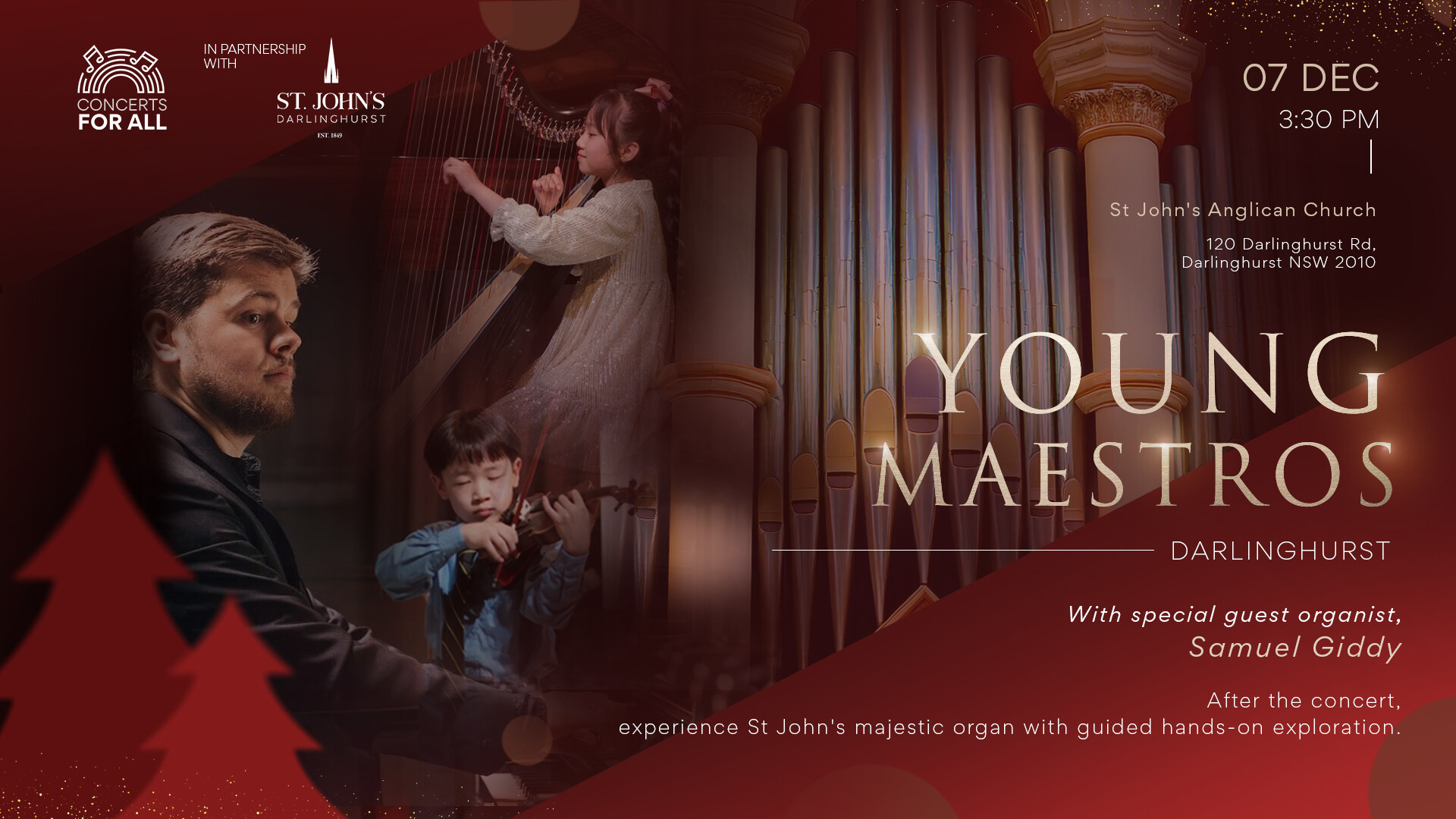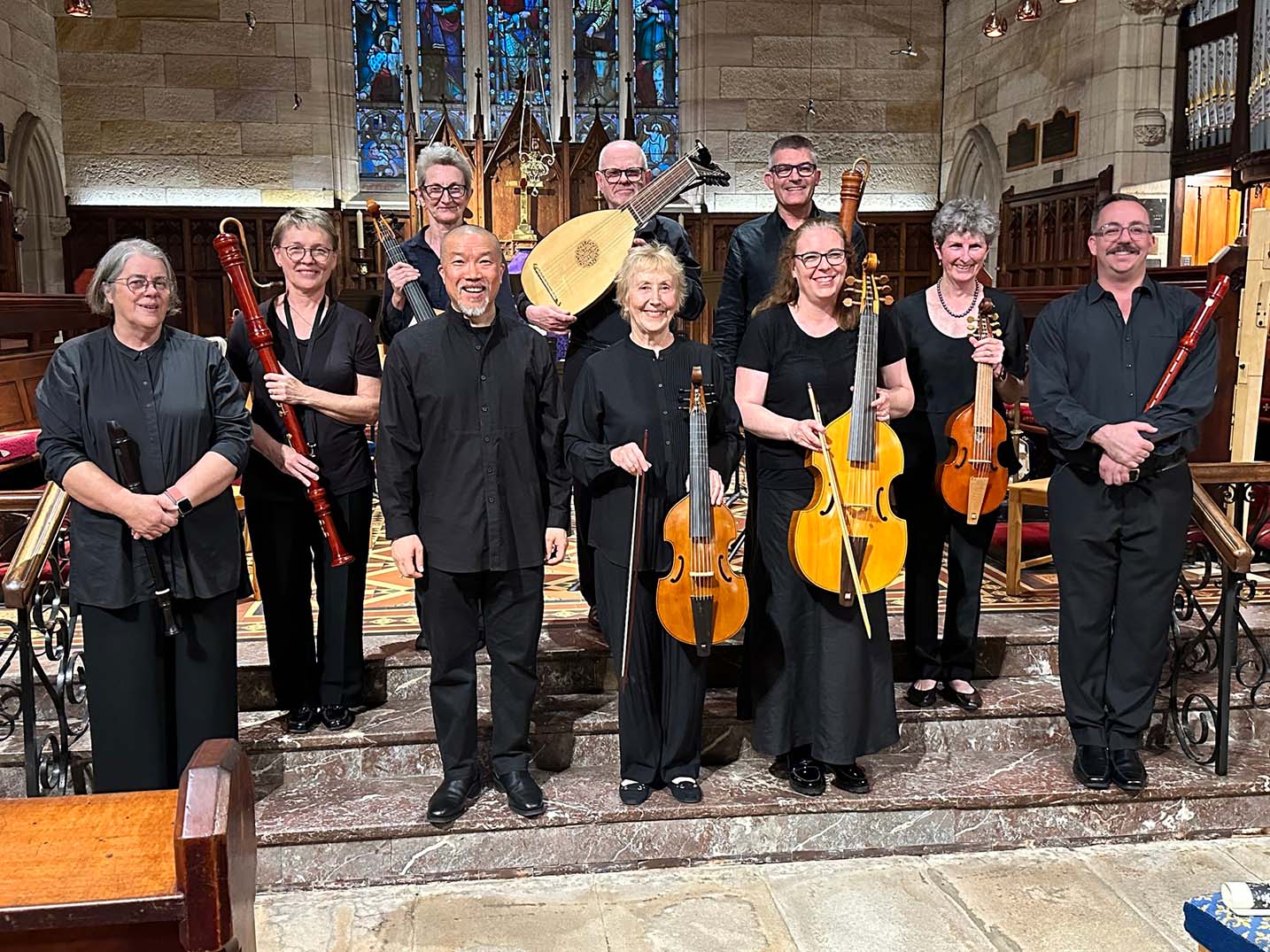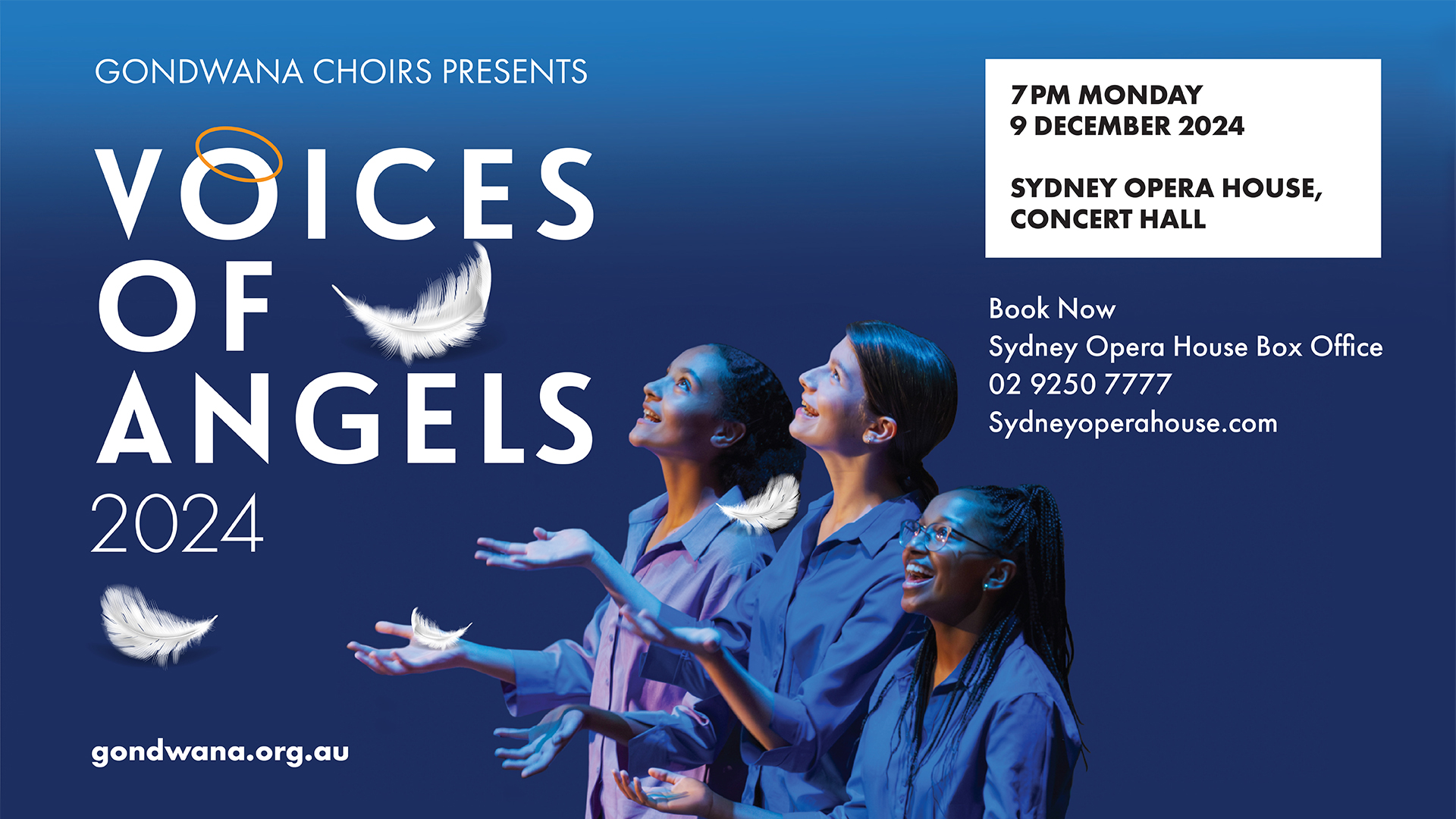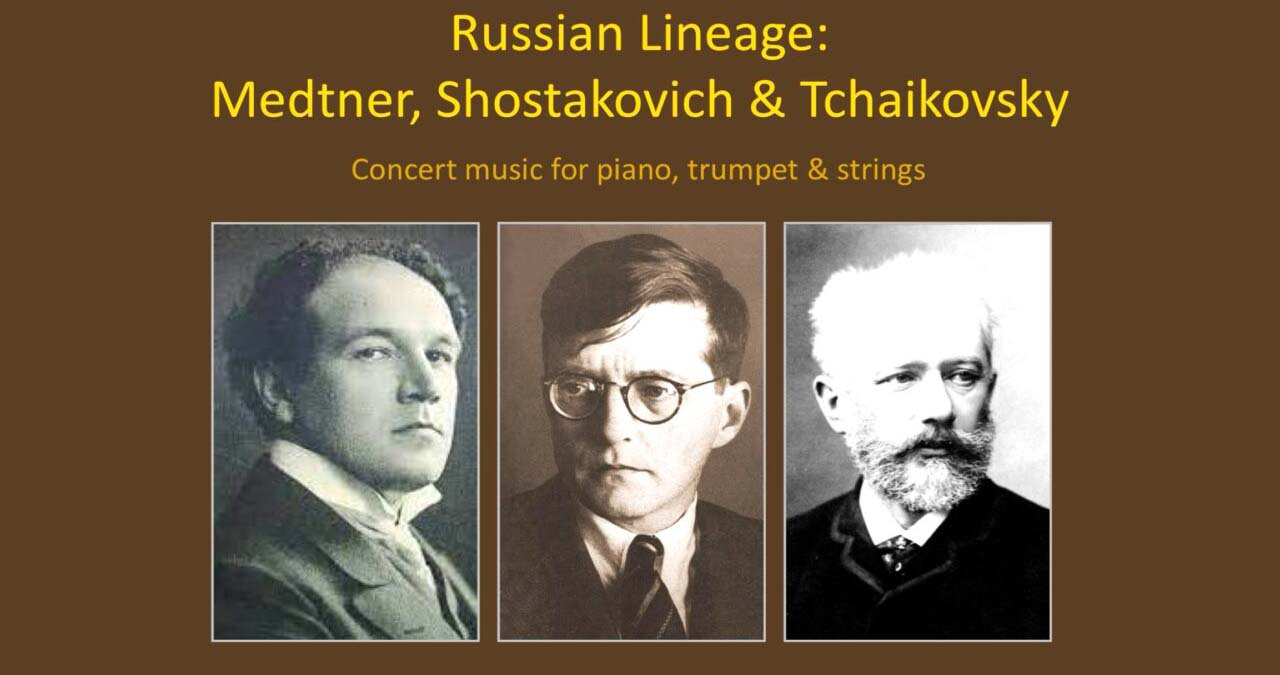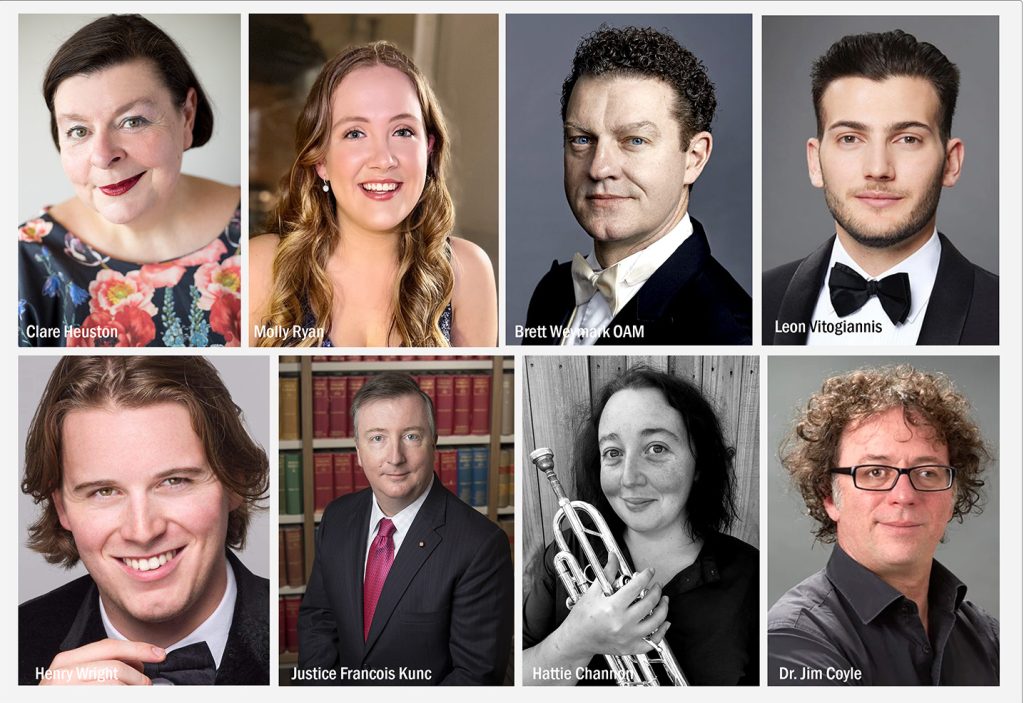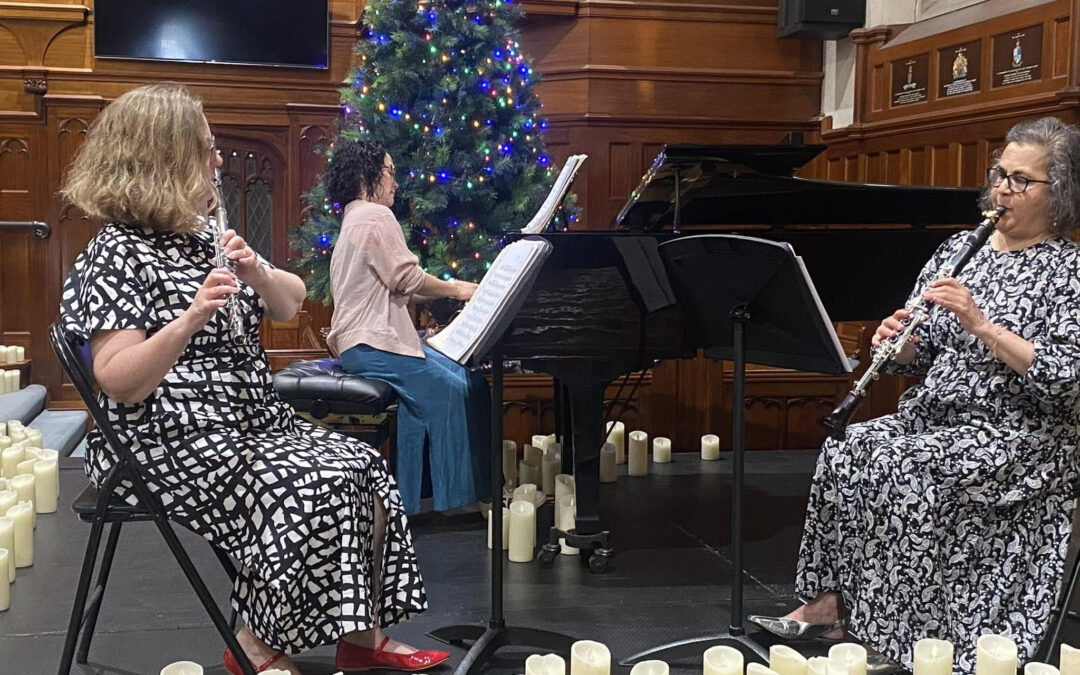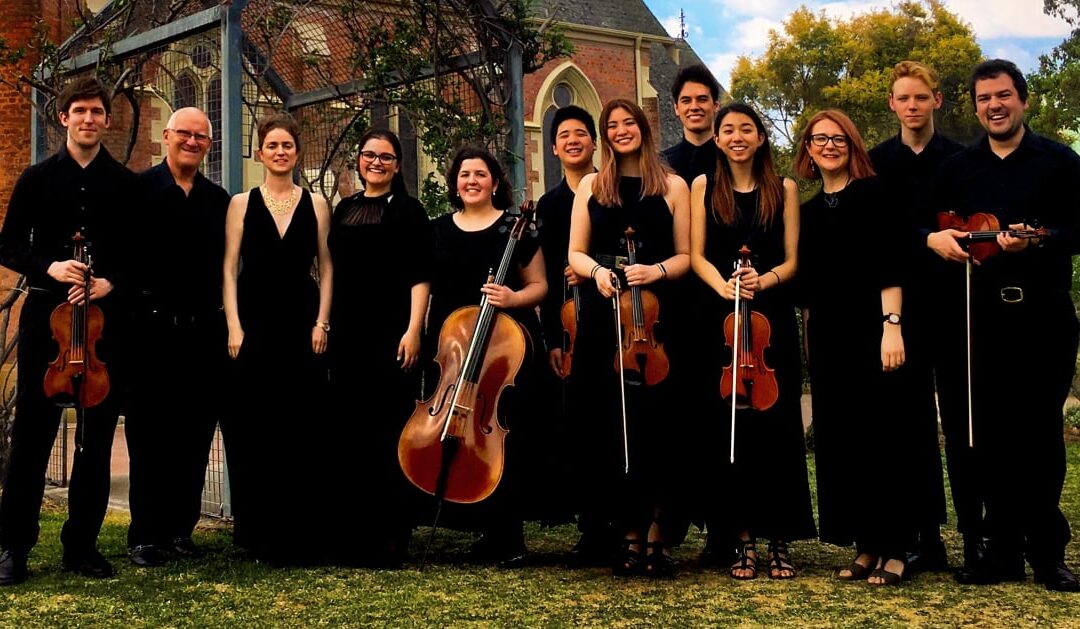In the recently restored and now even more exquisite Christ Church St Laurence, the Australian Chamber Choir presented Keys to Heaven, a concert of music dating from the late 1400’s through to about 1640. The sumptuous sound of one of Australia’s leading vocal ensembles in this visually delightful church transported the enthusiastic audience to another place, another time when music was something to be savoured and shared with friends and not just consumed by digital delivery.
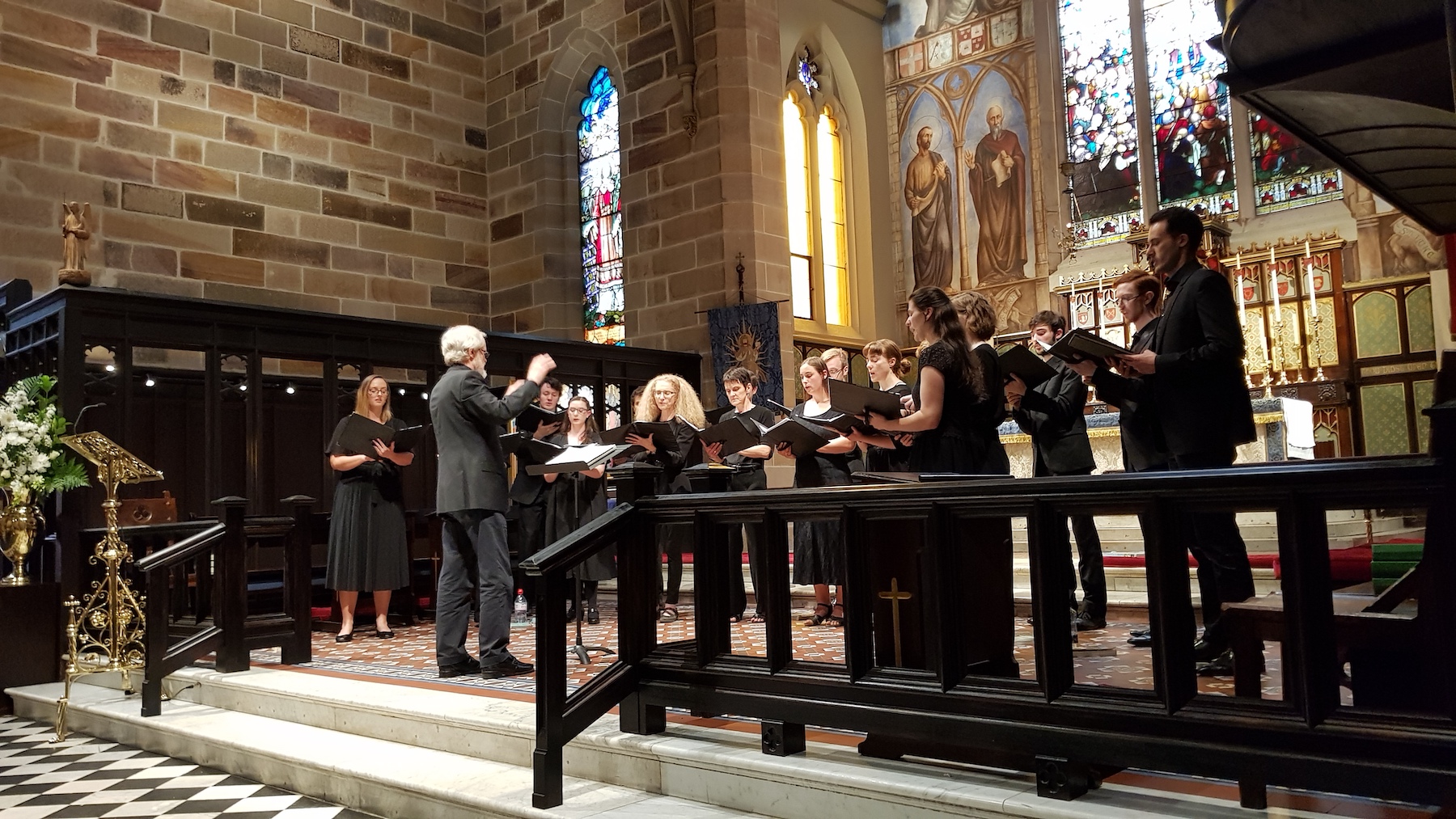
Two works by Palestrina bookended the first half of the program. Tu es Petrus (Delivery of the Keys) gave the choir an opportunity to sing music of such sweetness it calmed all immediately and made us aware that this was to be a concert full of special moments.
Palestrina’s great Missa Aeterna Christi Munera is one of those compositions that if you are a lover of choir music and the late Renaissance period of music, it will make you feel as if this is heaven come to earth. The Australian Chamber Choir’s performance was a most measured one, allowing every note and syllable to be heard.
To 21st century ears Ave Maria by Josquin des Prez is simple music but nevertheless charming and here, as indeed in every work in the concert, there was always a sense that the music was the most important concern. Conductor Douglas Lawrence is undemonstrative in his gestures but draws a balance and musicality from the choir that lesser conductors could only dream of achieving. And it helps that he has a great ensemble in front of him.
There were numerous small solo sections in the concert allowing Sarah Amos, Elizabeth Anderson, Leighton Triplow, Stewart Webb, Lucien Fischer, Kieran Macfarlane and Mitchell Relf to enjoy the limelight along with two of surely the best singers in any choir in Australia, the stellar sopranos Elspeth Bawden and Amelia Jones.
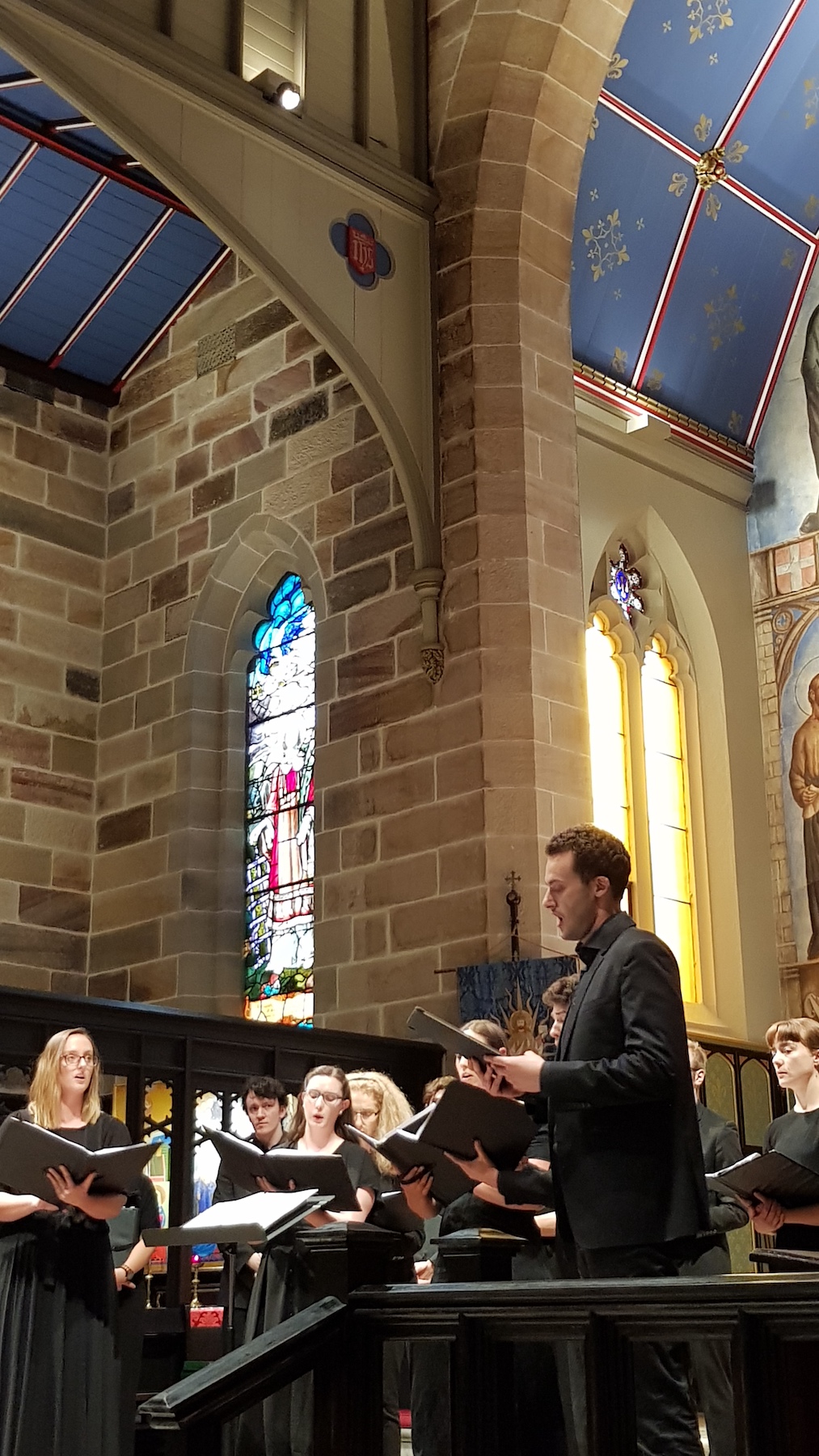
In Three Madrigals by the 16th century Luca Marenzio, Bawden and Jones led small groups through most pleasing music and in Allegri’s famous Miserere, Christus Resurgens Bawden’s knockout high range earnt her a huge and excited reaction from the audience. Indeed, without a singer who can deliver a crystal clear and an immaculately in tune line, this work is simply out of reach of any choir.
Rarely does an encore garner such attention as Gustav Holst’s Nunc dimittis and surely a major reason was that Amelia Jones was given, even ever so briefly, free rein to let her naturally attractive and pure soprano voice soar over the choir in the rapturous conclusion of this little gem of early 20th century choral music. What a delicious way to finish the concert.
Thoughts about:
![]()
![]()

